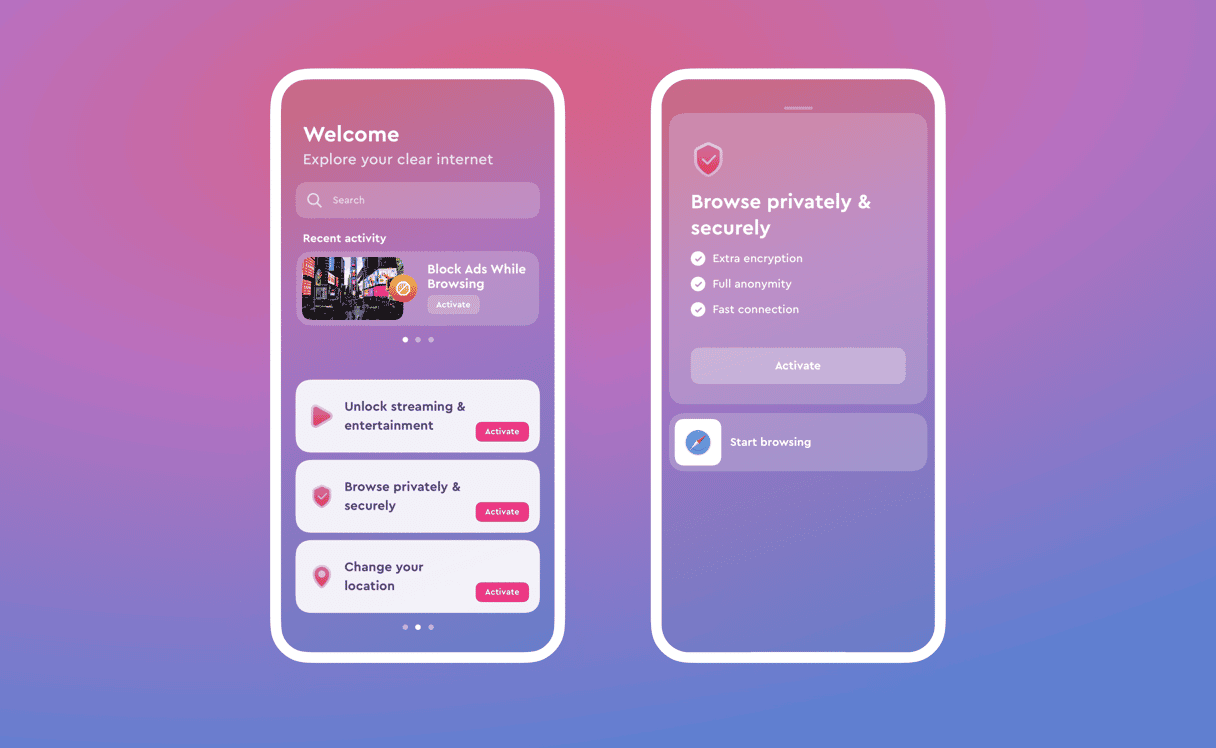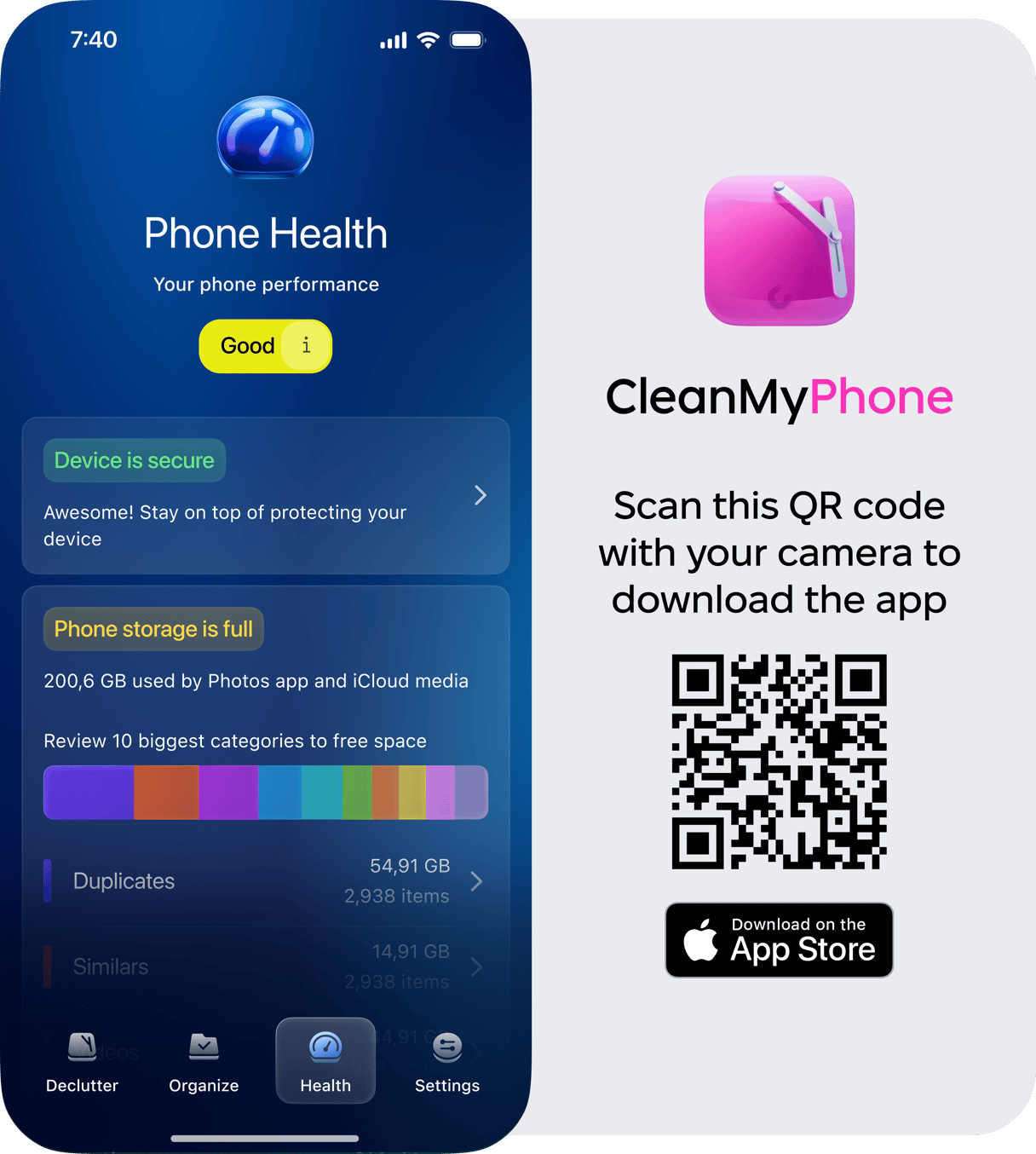You’re lazing around on a sunny afternoon, and you get an alert that you’ve bought a $59.99 portable heater on Amazon. But wait… you don’t even have an Amazon account. You call the credit card hotline, get the card canceled, and the transaction reversed (if you’re lucky). This scenario shows you what can go wrong on a minor scale if you don’t protect your personal data.
Why You Should Protect Personal Data
But what is personal data? Generally, it covers private information that shouldn’t be made public, such as:
- ID card number
- Home address
- Phone number
- Credit card details
- Tax ID
- IP address
- Medical history
- Email address and password
Chances are, one of the above or even a few of them may be lying unprotected on your computer or mobile phone. And it’s a reckless thing to do.
Here’s what could happen if you DON’T protect personal data.
Identity Theft
In 2019, there were more than 650,000 identity theft cases reported in the US alone. If we average it out over a year, that’s just over 1780 cases per day! Of that, more than one third involved credit card fraud — when someone uses your credit card or account for a transaction.
And, the scary thing is that some people have lost tens of thousands in dollars thanks to these types of schemes. In 2018, $24,26 billion dollars were lost globally due to payment card fraud.
Your personal data could also be misused in loans, utility, or services subscriptions. Even if you’re a victim, you could be inconvenienced when the authorities clamp down on the suspects and freeze your access or your cards.
Victim of Crime
When you post on social media that you’re away on holiday, there’s no way to know who’s viewing your post.
Criminals may attempt to rob your home because they can tell from your pics that you’re far away on a tropical island. If you store your home address electronically and unprotected, you’ll give them a helping hand! In today’s connected world, it’s easy to find out where someone lives if they haven’t taken measures to protect that data.
Targeting of Ads
Sick of staring at the same ads each time you browse the web? The reason is that you’re giving away your personal data such as your IP address and browsing history. While ads are generally harmless, they can be annoying.
It’s also disconcerting how easily advertisers can access your data and leverage it for commercial purposes. You can only assume that it isn’t any harder for criminals to do so.
Tips on How to Protect Your Personal Data
If you have not protected your personal data up to this point, don’t worry. Although the threat of having your data misused is real, it’s never too late to start putting protective measures in place. Here’s how.
Use a strong password
Your birthdate, name, and other easily guessable term are out of the question. Instead, you’ll want to use a combination of alphanumeric (alphabet and numbers) and symbols for a password that’s at least 8 characters long.
Don’t jot down the password in an obvious place as it defeats the purpose of setting up one. If you have a hard time remembering the passwords, use a secure password manager.
Set up two-factor authentication
Instead of merely relying on passwords, you’ll want to increase the security of your email, social media, and financial accounts with two-factor authentication. This involves sending a separate passcode to your mobile, or a biometric check.
Avoid making financial transactions on public WiFi
Spot a desirable item on an online store while having brunch at a cafe? Save it in the cart and complete the transaction when you’re home. It’ll be risky to complete the transaction on a public WiFi as it’s usually unprotected and easily hackable. The transaction can be intercepted by hackers connecting to the same network within a couple of minutes.
Use a VPN
At this moment you might've thought if your home WiFi is hackable. The short answer — it most certainly is. Even if you have a strong password there. If your home network gets hacked, it’ll put all your devices in danger, along with all your data. Additionally, your Internet Service Provider (ISP) can also be hacked. Hackers can receive your IP address, passwords, online behaviour, even the intimate photos you send. That's why we've created ClearVPN — the first effortless VPN for a personalized and secure online experience. With it, you can be sure that your connection is safe and secure whenever you go online.
Here's a tip, how to use ClearVPN shortcut to protect personal data while browsing:
1. Install ClearVPN on your device (use the iPhone screen below as an example)
2. Open the app and tap on Browse Privately and Securely Shortcut
3. Activate the shortcut:
4. Done! Your data is safe now👌

Avoid clicking on suspicious links in emails
Right. You’ve got an email stating that you’ve got an issue with your bank account and you need to verify it with your password by clicking on a link. Just. Don’t. Do. It.
Call your bank and check it out if you do, in fact, have an issue with the account. Chances are, it’s an elaborated phishing trick hoping to siphon out dollars from your bank. Also, don’t click on any “You’re our 1000th visitor” type of link or respond to someone saying they’ve accidentally deposited money into your account. Always check with your bank first to verify any activity that you have not authorized on your bank account.
Review your iPhone health
A sluggish iPhone often means your storage is nearly full. CleanMy®Phone can help by decluttering your photo library and showing you which photos and videos are using the most space.

Update the security patches
At times, it can be annoying. But if you’ve got an OS update pending, you’re better off installing it. Usually, the update involves fixing known vulnerabilities that can be easily exploited by malicious parties.
Conclusion
Don’t take your online security for granted. The Internet is not a safe place. Simple steps can help you protect personal data and drastically reduce the risk of being another victim of cybercrime and privacy breaches.





